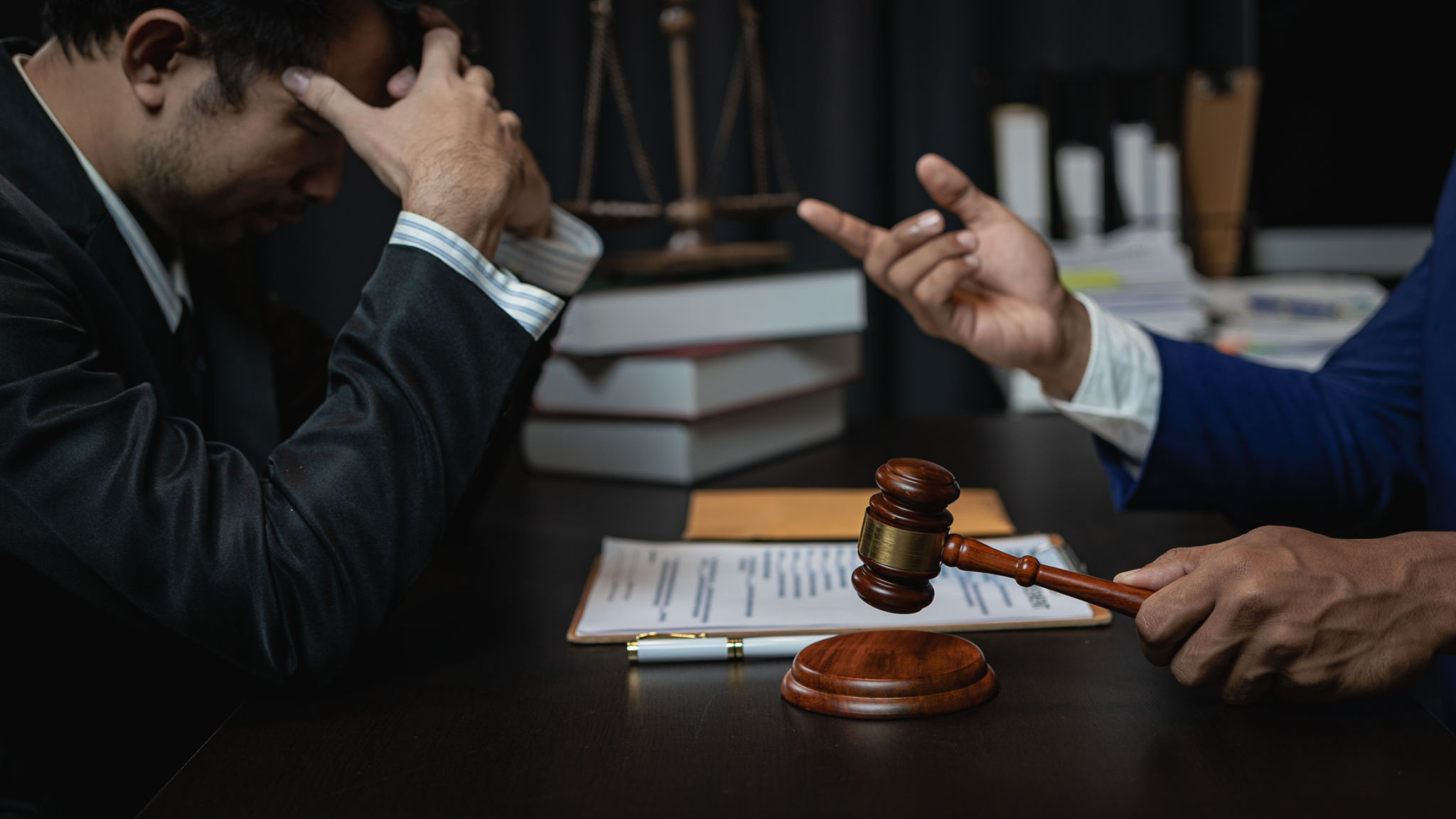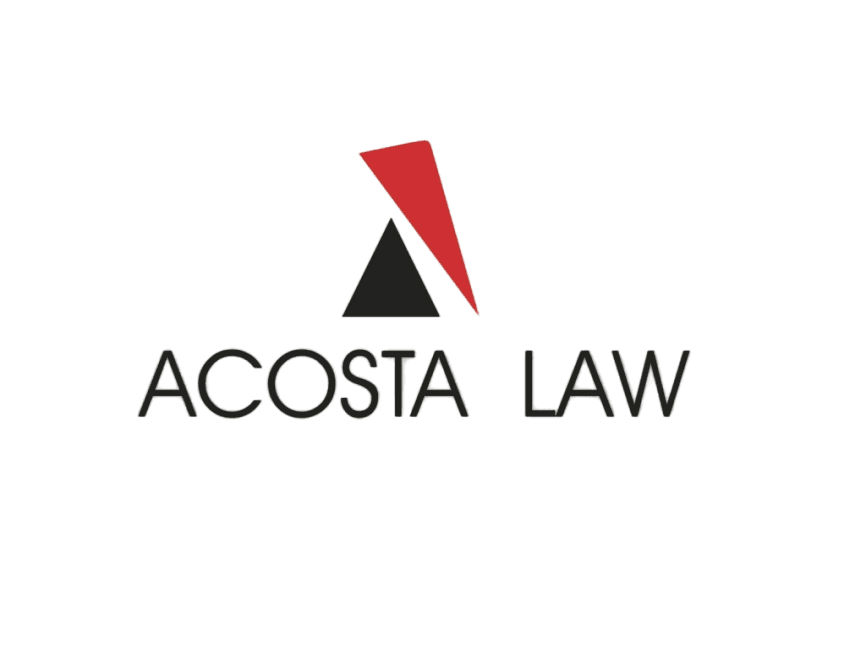Preparing for a Bankruptcy Consultation: What You Need to Know
Understanding Bankruptcy and Its Implications
Facing financial difficulties can be overwhelming, and sometimes bankruptcy becomes a viable option to consider. Understanding what bankruptcy entails and its potential impact on your financial future is crucial before making any decisions. A bankruptcy consultation is designed to provide you with clarity and guidance on how to navigate this challenging process.
Bankruptcy can offer a fresh start by discharging certain debts, but it also comes with significant consequences, such as affecting your credit score and possibly losing some of your assets. Therefore, preparing for a bankruptcy consultation with the right information and mindset can help you make informed decisions.

Gathering Necessary Documentation
Before attending a bankruptcy consultation, it's essential to gather all necessary documentation to provide a comprehensive picture of your financial situation. This includes:
- Income Documentation: Pay stubs, tax returns, or profit and loss statements if self-employed.
- Debt Information: A list of all creditors, outstanding balances, and payment histories.
- Assets and Liabilities: Documentation of property ownership, bank accounts, retirement accounts, and any other assets.
Having these documents readily available will allow the attorney to assess your situation accurately and offer tailored advice.
Preparing Questions for Your Attorney
Going into your consultation with a list of questions can help you gain a better understanding of the bankruptcy process. Consider asking about:
- The types of bankruptcy available to you, such as Chapter 7 or Chapter 13.
- The potential impact of bankruptcy on your credit and how to rebuild it post-bankruptcy.
- The timeline for the bankruptcy process and what to expect at each stage.

Evaluating Alternatives to Bankruptcy
During the consultation, your attorney may discuss alternatives to bankruptcy that could be more suitable depending on your situation. These options might include debt settlement, credit counseling, or negotiating directly with creditors for more favorable terms.
Understanding these alternatives can empower you to make a decision that aligns best with your financial goals and circumstances. It's beneficial to keep an open mind during the consultation and consider all available options.
Emotional Preparedness and Support
It's important to recognize that considering bankruptcy can be an emotionally taxing experience. Preparing yourself mentally and emotionally for the consultation can help alleviate stress. Remember, seeking professional help is a proactive step towards regaining control over your finances.
Having a support system in place, whether it's family, friends, or support groups, can provide comfort and encouragement as you navigate this challenging time. Remember, you're not alone in this process.

Post-Consultation Steps
After the consultation, take time to reflect on the information provided and evaluate your options carefully. Consider seeking a second opinion if needed to ensure that you are making the best decision for your financial future.
If you decide to proceed with bankruptcy, your attorney will guide you through the next steps, including filing paperwork and attending required hearings. Stay engaged in the process and follow your attorney’s advice closely to facilitate a smoother experience.
